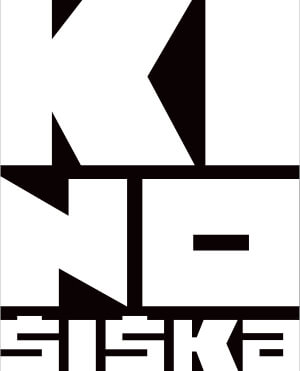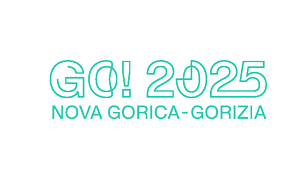This project explores biohybrid artifacts as liminal entities at the threshold of living organisms and machines. By cultivating bacterial cellulose - a biodegradable, accessible, and self-regenerating biomaterial into symbolic and functional forms, it critiques extractive modes of fabrication and imagines artifacts grown in symbiosis with their environments.
In dialogue with biopunk aesthetics, speculative material ecologies, and posthuman feminist perspectives, the work examines hybridization as a politics of mutation rather than as technical experimentation alone. Artifacts such as the Biohybrid Device Game Controller and the Grew Shoe are presented not as finished products, but as processes: grown, not manufactured. Their instability foregrounds fragility, decay, and care, embodying the negotiations that living systems demand.
Drawing inspiration from fermenting feminisms and the relational dynamics of digital pets like Tamagotchi, the project reflects on how hybrid systems require attention, maintenance, and ethical engagement. These living artifacts act as relational technologies, mediating between human and more-than-human agencies, and inviting audiences to inhabit fragile yet regenerative futures.
Vivien Roussel is a PhD student in design at the Institut for Future Technology (ESILV, Paris), in partnership with Nîmes University, where her research bridges the fields of biology (CHROME lab) and design (Projekt lab).
Her work explores new paradigms of fabrication through living materials, combining bioengineering, human–machine interfaces, and speculative design. With a background rooted in the maker movement and fablabs, he investigates how collective and individual practices of making can respond to ecological limitations and open up alternative modes of co-creating with the living.
Back








